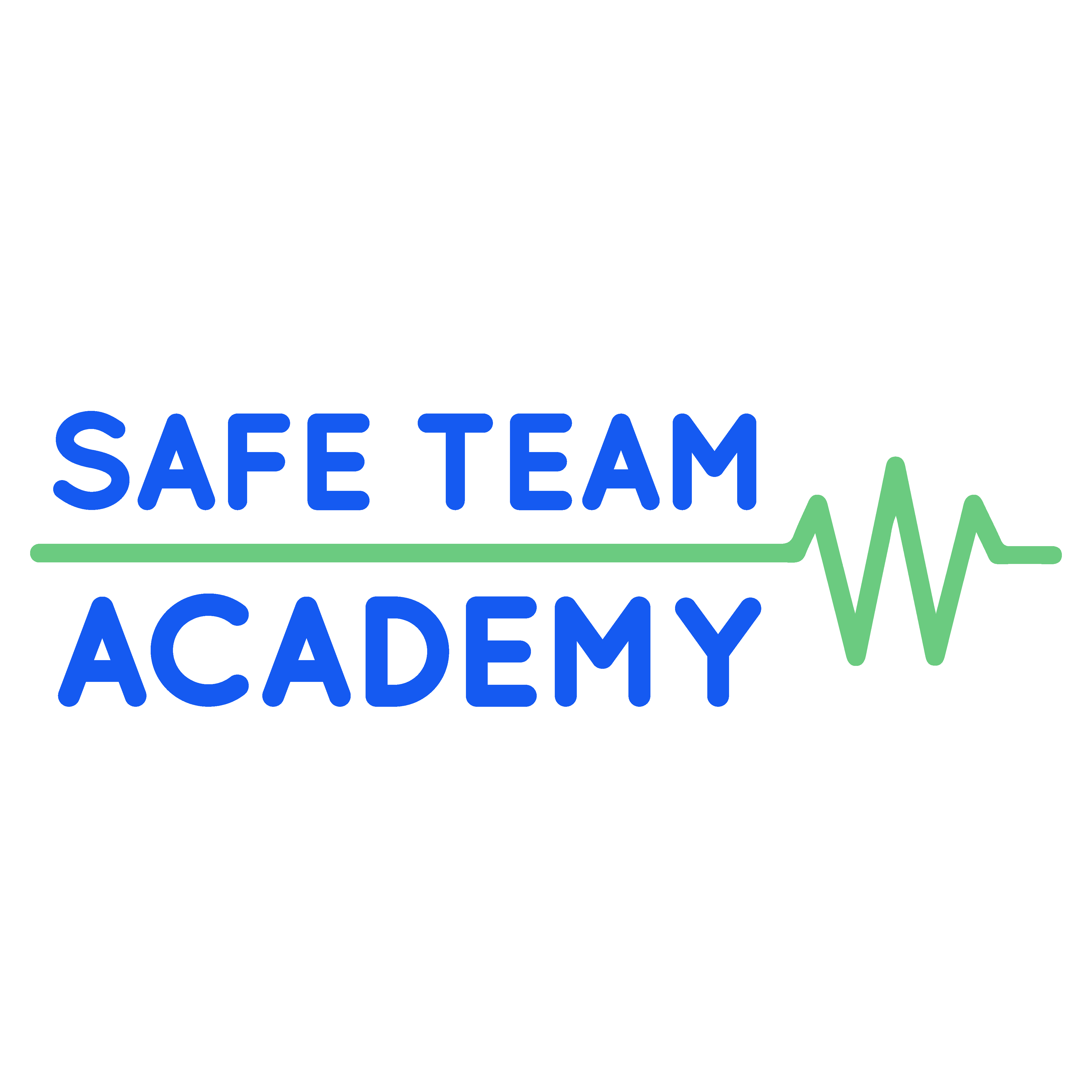According to Harvard Business School professor Amy Edmondson, in some organizations, professionals are reluctant or afraid to express themselves for fear of conveying a negative self-image. Yet, in an increasingly collaborative world, this has an impact on overall performance.
Indeed, the most productive teams need psychological safety that allows them to say what they think, take moderate risks, and be creative.
To develop the performance of a work team, it is necessary for these individuals to be confident enough to dare to speak up, without fear of judgment.
Psychological safety for well-being and performance
Amy Edmondson defines psychological safety as "a shared belief among team members that the team is safe for interpersonal risk-taking".
The latter wrote a book entitled The Fearless Organization, published in 2018, in which she explains how to establish psychological safety step by step within a team or a company.
In other words, psychological safety is "a climate that allows employees to express themselves and in which they feel comfortable: they can freely share their ideas, even in draft form, their concerns, their questions, and their mistakes, without fear of being judged or suffering reprisals."*
However, thought retention is a form of natural defense mechanism. However, this mechanism comes at a cost. Indeed, when people hold back, they deprive themselves, as well as their colleagues, of small moments of learning.
Example of a situation where communication would have been necessary:
A nurse working the night shift in a hospital is concerned that the dosage of a treatment is wrong. She considers calling the doctor at home to check the prescription. Then she remembers the disparaging comments he made about her abilities the last time she called him at home. Deciding that the dose is probably right (the patient is on an experimental protocol, after all), she takes the medication from the cart and heads for the bedside.
This behavior carries many risks for the patient, and it is at this point that communication should have been necessary!
When people do not ask questions or offer ideas (they do not take interpersonal risks) and their organizations thus face much greater risks: patients are harmed, opportunities for improvement are lost, business opportunities fail, etc.
In the healthcare field, psychological safety is essential to ensure patient safety. It allows caregivers to speak up when they are unsure of something, when they need help, or when they have an idea that could improve the quality of work.
Amy Edmondson has spent some of her time exploring psychological safety within several corporate teams, as well as in medical teams performing innovative and complex surgical procedures.
Thus, working within a company that ensures psychological safety is essential. It is an indispensable condition for fostering collective intelligence and performance. Amy Edmondson even deduced that psychological safety is fundamental to increasing group productivity.
How todevelop psychological safety at your facility?
In a psychologically safe hospital, professionals have a framework conducive to taking initiatives and the right to make mistakes. There are no obstacles, and people can freely discuss any topic. More generally, whether for caregivers or patients, concerns are shared.
To summarize, psychological safety is the conviction that one's voice is welcome, that interpersonal risks are worth taking because of the stakes.
To develop psychological safety within a hospital, it is essential to implement these different points:

.
SafeTeam Academy and psychological safety at work.
SafeTeam Academy has made psychological safety a recurring theme, as it is important to address this aspect of teamwork. It is approached from different angles and in almost all of SafeTeam Academy's video-immersive pathways, in one way or another: a nurse who expresses discomfort with a doctor who does not respect hygiene procedures, for example, or a doctor whose authoritarian leadership stifles any chance for teammates to express their doubts about a situation.
In the daily lives of healthcare professionals, guaranteeing psychological safety is essential because it places the patient in a framework of trust.
As with all SafeTeam Academy training courses, the goal is to stimulate learners' reflection on areas for improvement, whether individual, collective, or institutional.
If you too would like to play your part in improving the reliability of care within your facilities, SafeTeam Academy training courses are for you! To find out more, write to contact@safeteam.academy.




